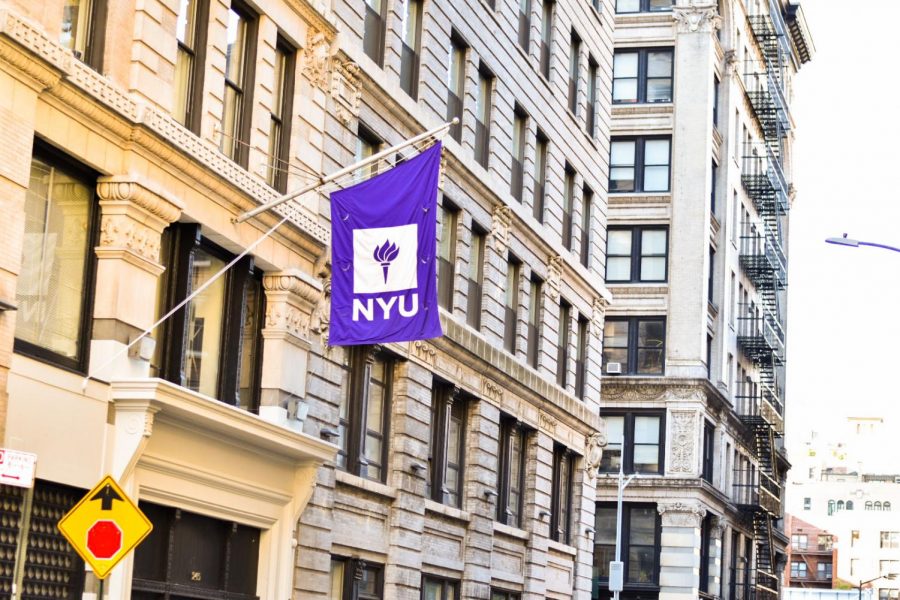Editorial: NYU should meet 100% demonstrated need for all current students
WSN previously reported that NYU would be meeting the demonstrated financial need of every student in the class of 2025. The new policy should be extended to all current NYU students, not just the students of the future.
NYU has announced that all need-based financial aid will be fulfilled for the class of 2025. This new policy needs to be extended to all current students. (Photo by Camila Ceballos)
December 6, 2021
NYU recently implemented a new financial aid policy for the class of 2025 that intends to meet the full demonstrated financial need of every student — including international students. University spokesperson John Beckman told WSN in November that the university expects to continue this policy and meet the financial needs of every student accepted in the future.
The university has yet to make a formal announcement of this change — in fact, the policy was first discovered in the comments of a TikTok posted by @MeetNYU, the university’s student-run admissions account. This hesitancy in officially announcing the change allows the university to avoid questioning, especially given that this new policy only extends to the class of 2025 and beyond — ignoring the classes of 2022, 2023 and 2024. NYU should formally announce this change in policy and extend it to meet the full demonstrated financial need of all current students.
Tuition has continued to rise during the pandemic despite the increasing financial burden on NYU students and families during an economic downturn. NYU did distribute COVID-19 relief grants with money it obtained from the federal government, but this did little to resolve the drastic economic consequences of the pandemic for American families, such as high unemployment, increasing medical expenses and higher poverty rates. It is clear that more permanent solutions addressing the needs of the entire student body are warranted.
NYU has long been an outlier among the many prestigious institutions that meet the full demonstrated need of all their students. Harvard, Columbia and Princeton meet 100% of their students’ financial needs without loans, regardless of family income. Duke and Cornell have met 100% of student need without loans for those under certain family income levels. The University of California, Los Angeles and Georgetown have met 100% of student need with loans. If NYU wants to keep up with these institutions, they must do more than raise their selectivity in admissions — they must compete by offering more appealing financial aid packages.
As it stands, over half of NYU students receive financial aid directly from the university. For many, these grants and scholarships are the only way that they would be able to afford NYU’s exorbitant sticker price. Thirty percent of students take federal student loans to afford to attend the university. However, international students often face strict residency requirements and many other obstacles just to qualify for limited federal assistance. The lack of federal aid available to international students is a particularly pressing problem for NYU considering that 31% of the class of 2024 is international — the highest number among all accredited universities in America. While NYU’s new policy will ensure that incoming international students of any income level will have the necessary resources to attend, currently enrolled international students need financial assistance, too. Current NYU financial aid policies limit attendance to only the wealthiest international students.
NYU is one of the most expensive colleges in the world located in one of the most expensive cities in the world. Society teaches students that an undergraduate degree is their ticket to a well-paying job and a happy life. Universities should make good on this promise by assisting students in affording a quality education. NYU boasts an impressive endowment of $5.8 billion, of which only 4% is used for the annual operating budget — surely NYU administration has the capacity to make the university more affordable for all of its students. Though NYU has begun to acknowledge this reality with its new financial aid policy, it should not forget current students as it seeks to create a more affordable university.
A version of this article appeared in the Dec. 6, 2021, e-print edition. Contact the Editorial Board at [email protected].






















































































































































